November 17: Struggle for Freedom and Democracy Day and International Students’ Day 🇨🇿✌🏻
Every year on November 17, the Czech Republic pauses to remember. This day carries both sorrow and pride – it reminds us of the courage of students who stood up against two totalitarian regimes, and of the moment when freedom returned to this country in 1989.
While October 28 – the Day of the Establishment of Czechoslovakia – celebrates the birth of the nation, many Czechs feel that November 17 speaks even more deeply to what it means to live freely within it. And if you'd like to dive deeper into this chapter of Czech history, you can join one of our private tours – our guides will be happy to show you some of the places where these events unfolded.
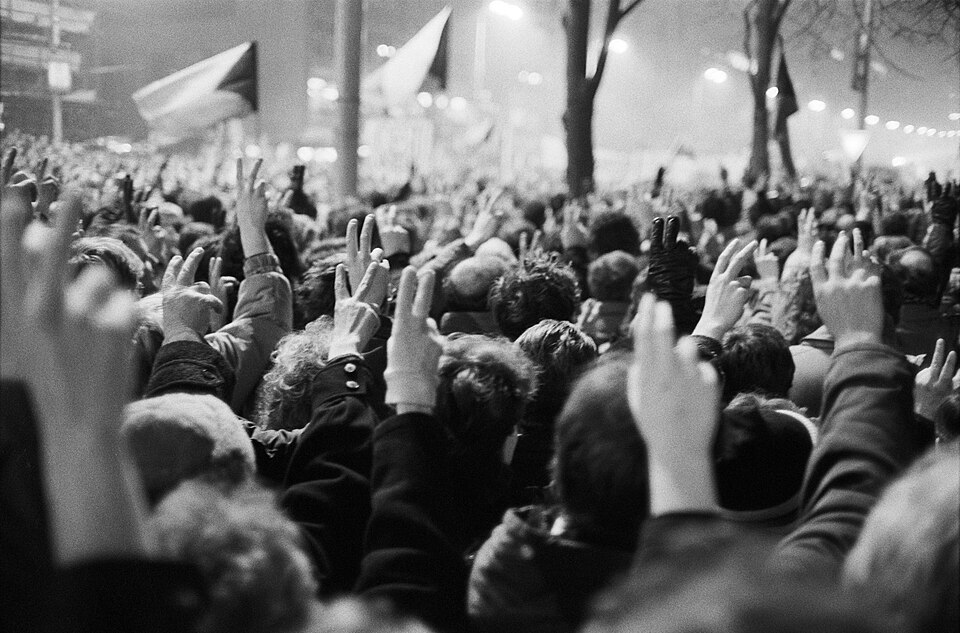

From 1939: The day universities fell silent
On November 17, 1939, the Nazi occupation authorities violently suppressed Czech higher education. After the funeral of Jan Opletal, a medical student killed during anti-Nazi demonstrations, German forces raided university dormitories, arrested more than a thousand students, and sent many of them to concentration camps. Nine student leaders were executed without trial, and all Czech universities were closed for the rest of the war.
In their honour, November 17 later became known as International Students' Day – a worldwide reminder of the power and price of standing up for truth and education.
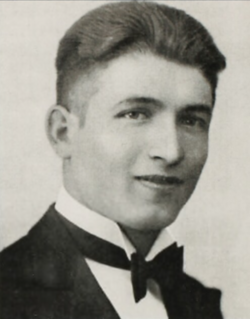
To 1989: A memorial that became a revolution
Fifty years later, Czech students gathered again – this time to commemorate the tragedy of 1939. The event on Prague's Albertov campus was officially permitted by the communist authorities as a peaceful remembrance march. But Europe was changing fast: just eight days earlier (on 9 November 1989), the Berlin Wall had fallen, sending a wave of hope across Central and Eastern Europe.
What began as a memorial soon turned into a protest. Thousands of students marched through the streets of Prague, calling for freedom and democracy. When they reached Národní třída, the police brutally attacked them. That night, something broke – and something began. The following days brought mass demonstrations, civic unity, and the birth of the Velvet Revolution, which peacefully ended forty years of communist rule.
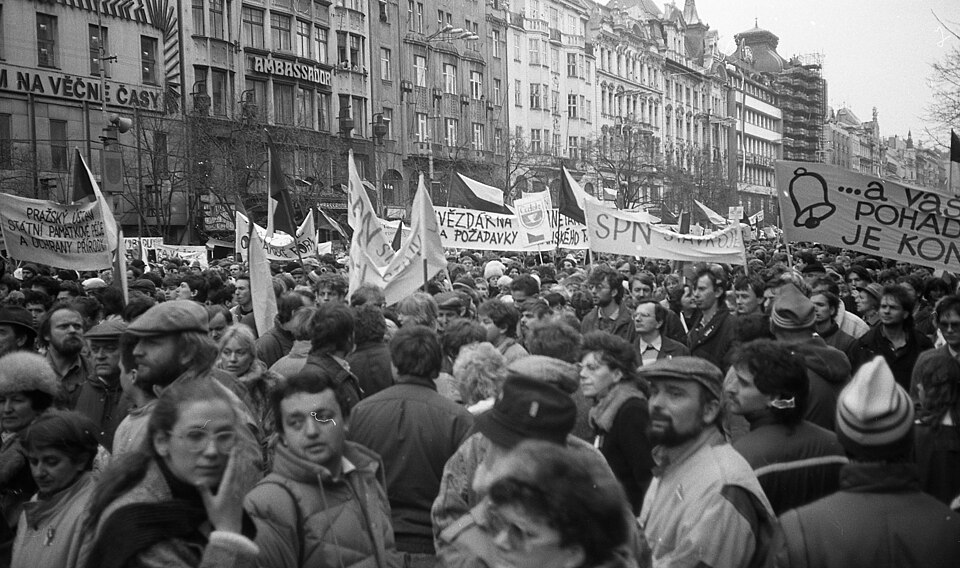

A small boy and a big moment
I was six years old in 1989. I remember wanting to watch fairy tales on television – they were listed in the programme, but they never came. Instead, people kept talking there. I got annoyed. My father quietly said: "Shh. If those bastards step down, you'll have a better life than we had." And they did. And I'm so grateful they did.
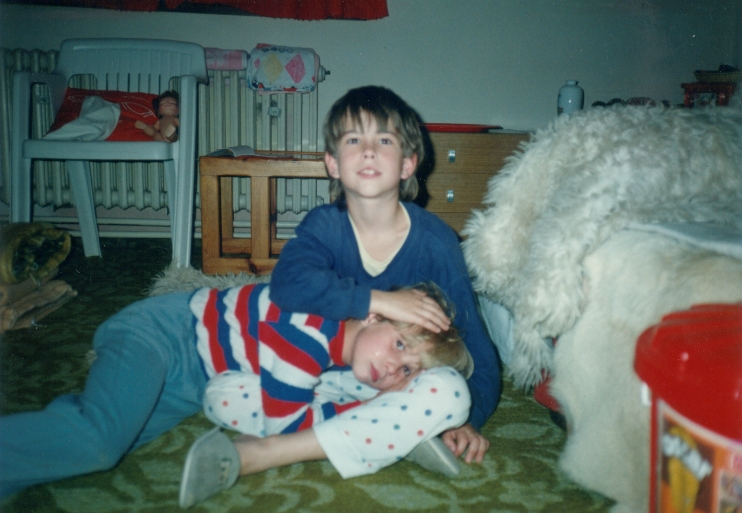
Remembering today
Today, November 17 is not only a public holiday, but also a deeply emotional day in Prague. Thousands of people visit Národní třída, where the first clashes happened, to light candles, lay flowers, and honour the memory of those who dared to stand up. The street fills with quiet music, civic events, and gentle reminders that freedom isn't a given – it's something to protect, again and again. Especially in these turbulent days.
Freedom didn't come by itself – it was something people had to stand up for. And it didn't happen overnight – the Velvet Revolution took six weeks. Some people today tend to say that life was better back then. Maybe it felt simpler to them, as everything was ruled by the Communist Party – but it wasn't free. November 17 reminds us what really changed in 1989: the chance to speak openly, to travel, to choose, to live without fear.
And that's something worth keeping!
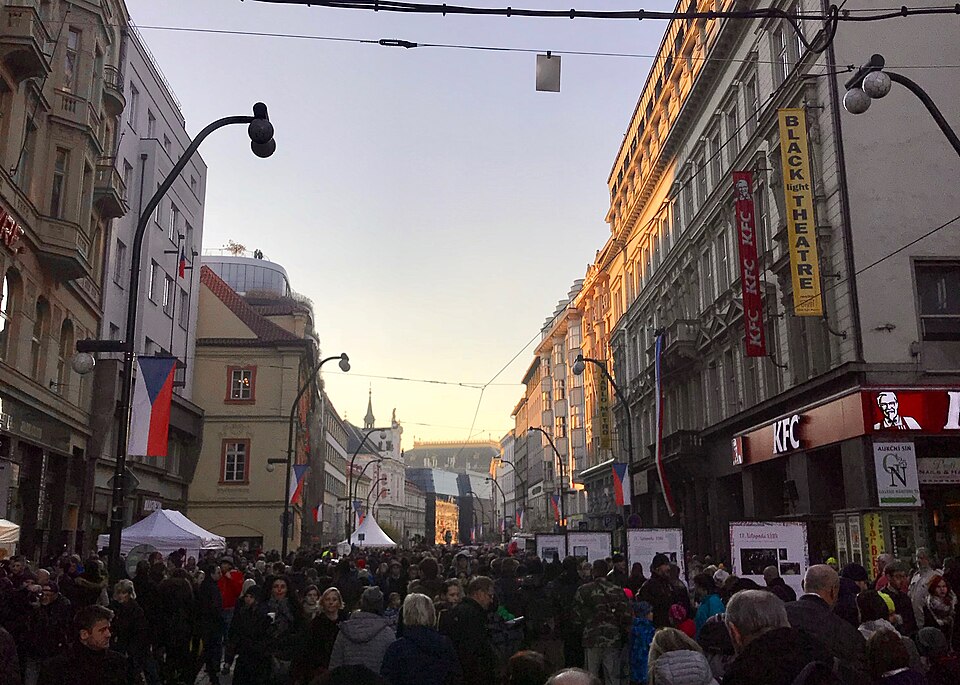
If you'd like to explore some of these places and learn a bit more about Czech history – not only about November 17 – you're welcome to join us for a private walk through Prague.
📸 Some photos used under Creative Commons license. Full image credits here.
Author of the article: Kristian
